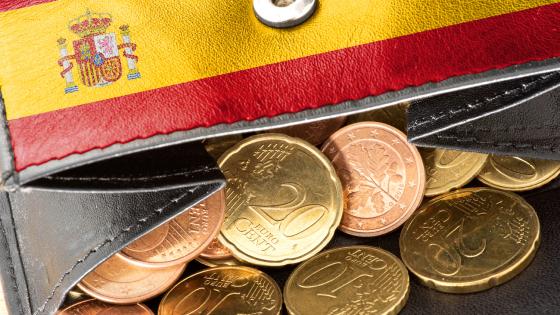DP18140 Subjective Well-being in Spain’s Decline
Spain experienced economic decline from the 1570s to 1650, recovering gradually thereafter and only reaching its early 1570s per capita income in the 1820s. How did economic decline impact on people’s perception of well-being and inequality? We provide an answer based on an unexplored source, the Bulls of the Crusade, an alms that, after 1574, was annually collected by the Spanish Monarchy in its territories, and that, to some material benefits, added spiritual benefits: plenary indulgencies that erased the penance for guilt after sinning. An inexpensive but fixed price alms was massively bought by those aged 12 and above. The number of bulls sold relative to the relevant population provides a measure of spiritual comfort and, hence, of subjective well-being. A subjective inequality measure, the ratio of the 8 Reales bulls sold, intended for wealthy and high social status people, to the 2 Reales bulls sold, intended for the common people, is also estimated. Our results suggest that subjective well-being deteriorated during the late sixteenth and early seventeenth century improving during its last third, while subjective inequality increased from 1600-1640 to fall in the third quarter of the century. Thus, improvements in subjective well-being were accompanied by a decline in subjective inequality


